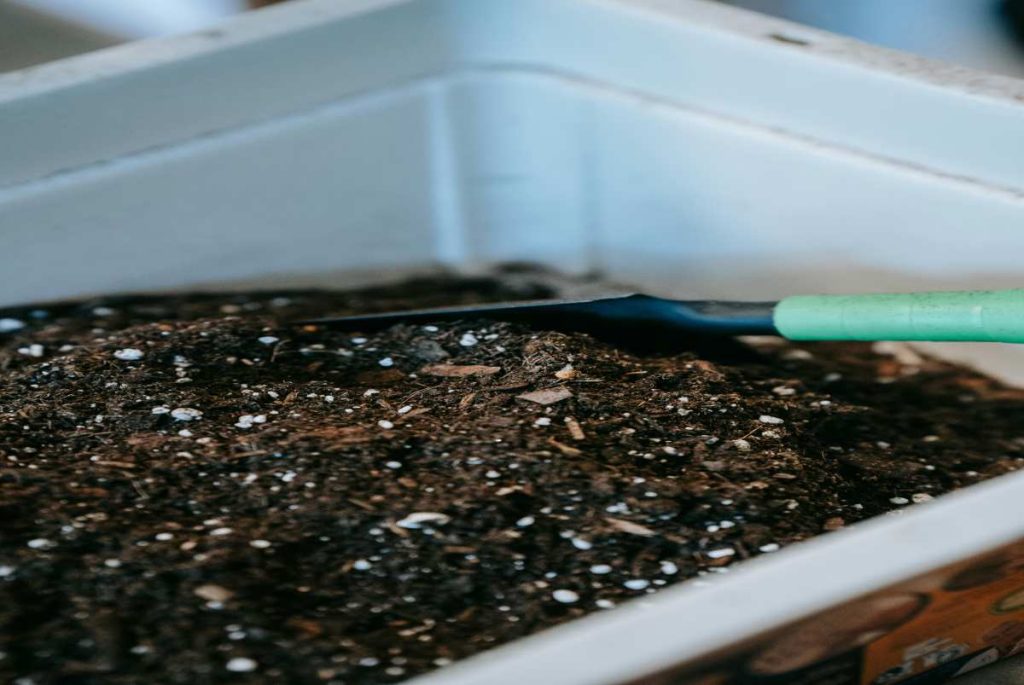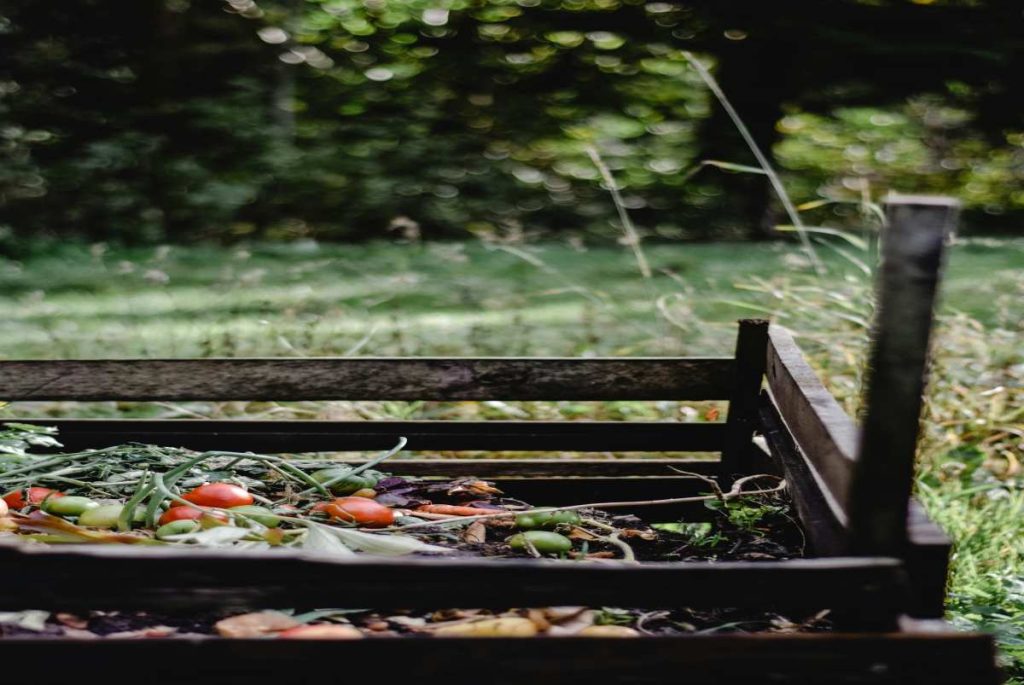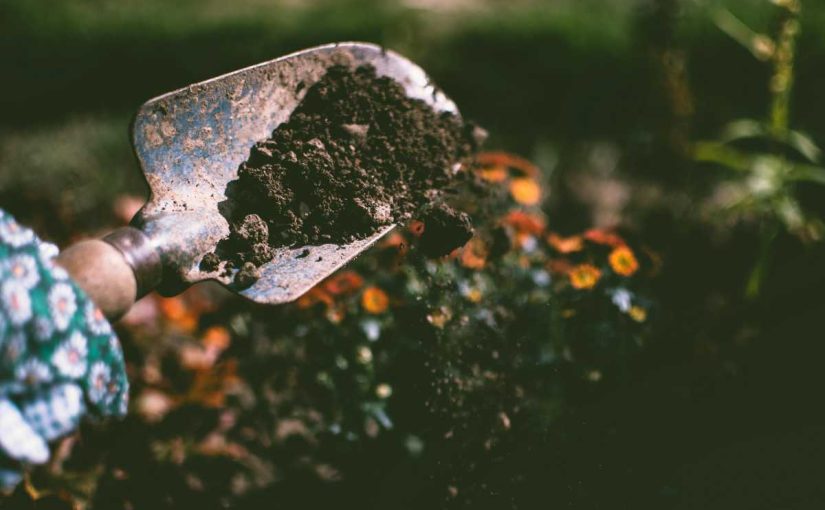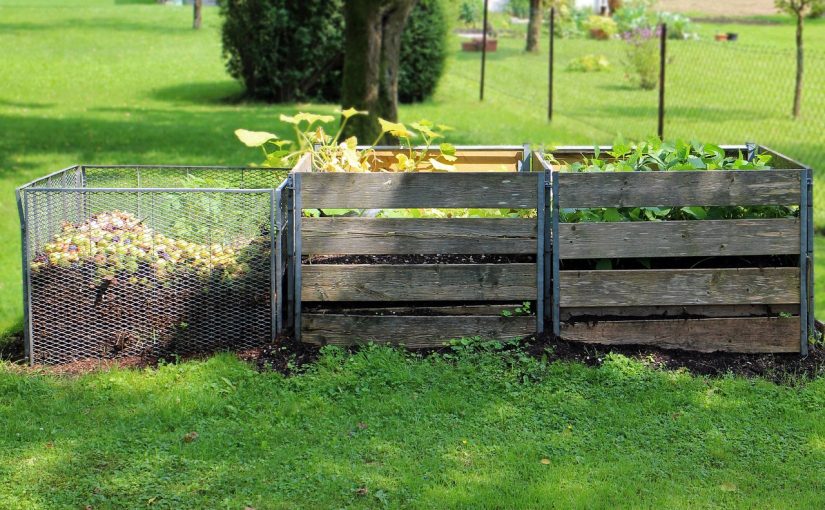Composting is a simple yet powerful way to recycle organic waste and enrich soil. However, having the right tools can make the process much easier, more efficient, and effective. Whether you are a beginner or an experienced composter, these seven essential tools will help you maintain a healthy compost system and achieve nutrient-rich, homemade compost with minimal effort.
1. Compost Bin or Pile Setup
Why It’s Essential:
A compost bin or a designated compost pile is crucial for containing organic waste and ensuring proper decomposition. It helps manage the pile, preventing odors and pests while providing the right environment for microbes to break down organic material.
Types of Compost Bins:
- Closed Compost Bins: Ideal for smaller spaces or urban environments, these bins are contained and offer a cleaner way to compost.
- Open Piles: For larger areas, open piles are more space-efficient but need regular turning to ensure proper decomposition.
- Tumblers: Compost tumblers are a great option for quick composting, as they allow easy mixing of the materials with minimal effort.
Pro Tip: Choose a compost bin or pile that suits your space and composting volume, ensuring good airflow and moisture retention.
2. Compost Aerator or Pitchfork
Why It’s Essential:
Aerating your compost is key to maintaining healthy decomposition. Without sufficient oxygen, compost piles can become anaerobic, leading to foul smells and slow breakdown. A compost aerator or pitchfork helps turn and mix the pile, ensuring airflow and encouraging aerobic decomposition.
Types of Aerators:
- Manual Aerator: Often designed with long handles and rotating spikes that make it easier to turn the pile without much physical effort.
- Pitchfork: A simple and traditional tool for turning compost, pitchforks are great for breaking up clumps and ensuring even aeration.
Pro Tip: Aerate your compost every few weeks to prevent it from becoming too compacted and ensure faster decomposition.
3. Compost Thermometer
Why It’s Essential:
A compost thermometer helps you monitor the internal temperature of your compost pile, ensuring that it reaches the necessary heat levels for effective decomposition. A healthy compost pile should ideally reach between 130°F to 160°F (54°C to 71°C). This is the temperature range where microbes break down organic material most efficiently, killing harmful pathogens and weed seeds.
How It Works:
- Insert the thermometer into the middle of the pile to get an accurate reading.
- A high temperature indicates good microbial activity, while lower temperatures may suggest a lack of moisture, nitrogen, or aeration.
Pro Tip: Regularly check the temperature to know when it’s time to turn the pile or add more moisture or materials.

4. Garden Shredder or Chipper
Why It’s Essential:
Large, bulky materials such as branches, leaves, and other woody debris can take a long time to break down. A garden shredder or chipper helps break down these materials into smaller, more manageable pieces, accelerating the composting process.
Types of Shredders:
- Electric Shredders: Perfect for small to medium-sized yard waste and easy to use with minimal effort.
- Manual Shredders: Cost-effective and great for lighter tasks, though they require more effort.
Pro Tip: Shredding or chipping large materials will help create a more uniform compost mix, speeding up decomposition and reducing odor.
5. Compost Sifter
Why It’s Essential:
A compost sifter is a mesh screen used to separate finished compost from larger, undecomposed pieces. It ensures that you get a fine, uniform compost that’s ready to use in your garden, while any leftover materials can be returned to the pile to continue breaking down.
How It Works:
- Simply place the compost onto the sifter, shake or sift, and the fine, dark compost falls through while larger chunks remain.
- Sifters come in different sizes, so you can choose the one that fits your composting needs.
Pro Tip: Use a compost sifter when your compost pile looks dark and crumbly, indicating that it’s near completion and ready for use.
6. Garden Gloves
Why They’re Essential:
Composting involves handling organic waste, which can sometimes be messy, smelly, or contain sharp objects. Wearing durable garden gloves protects your hands and makes handling compost materials more comfortable.
Types of Gloves:
- Rubber Gloves: Waterproof and easy to clean, these gloves provide protection against liquids and unpleasant materials.
- Leather Gloves: Durable and resistant to rough materials like twigs and thorns, making them ideal for outdoor composting.
Pro Tip: Choose gloves with a snug fit to ensure better dexterity and protection, especially when handling compost with finer materials.
7. Watering Can or Hose
Why It’s Essential:
Moisture is one of the most important factors in composting. Without proper moisture, the composting process slows down significantly, and the microorganisms responsible for decomposition may not thrive. A watering can or hose helps you keep your compost pile moist, ensuring a healthy environment for microbes.
How It Works:
- Water your compost regularly, making sure it’s damp but not soaking wet. Too much moisture can cause the pile to become too wet, which can lead to a stinky, anaerobic environment.
- Use a gentle spray to avoid compacting the pile.
Pro Tip: Adjust the watering based on weather conditions. Dry weather may require more water, while wet conditions may require less.
Bonus Tip: Consider Composting Additives
While not tools per se, composting additives such as compost accelerators, microbial inoculants, or activators can help speed up the process, especially if you’re composting in cooler climates or dealing with slow decomposition. These additives help introduce beneficial microorganisms that break down organic material more efficiently.
Conclusion
Successful composting involves more than just tossing organic waste into a pile. The right tools can make a world of difference in how effectively your compost decomposes and how quickly you can use it in your garden. By investing in these seven essential tools—compost bins, aerators, thermometers, shredders, sifters, gloves, and watering equipment—you’ll be well on your way to creating nutrient-rich compost for healthier soil and thriving plants. Happy composting!




